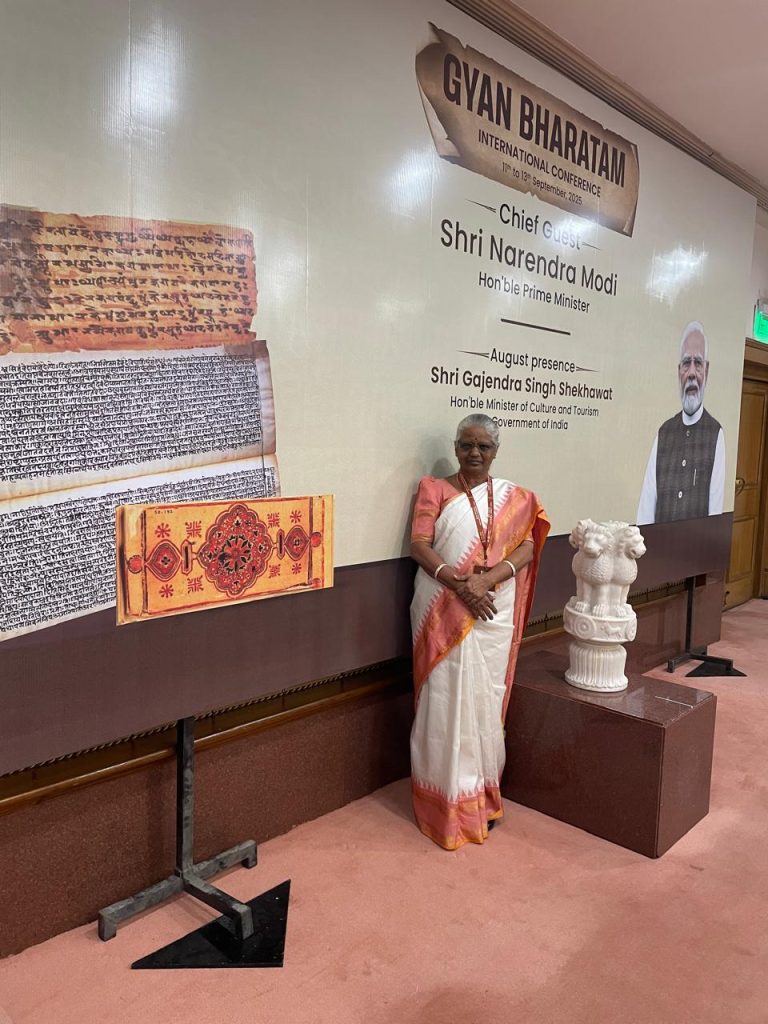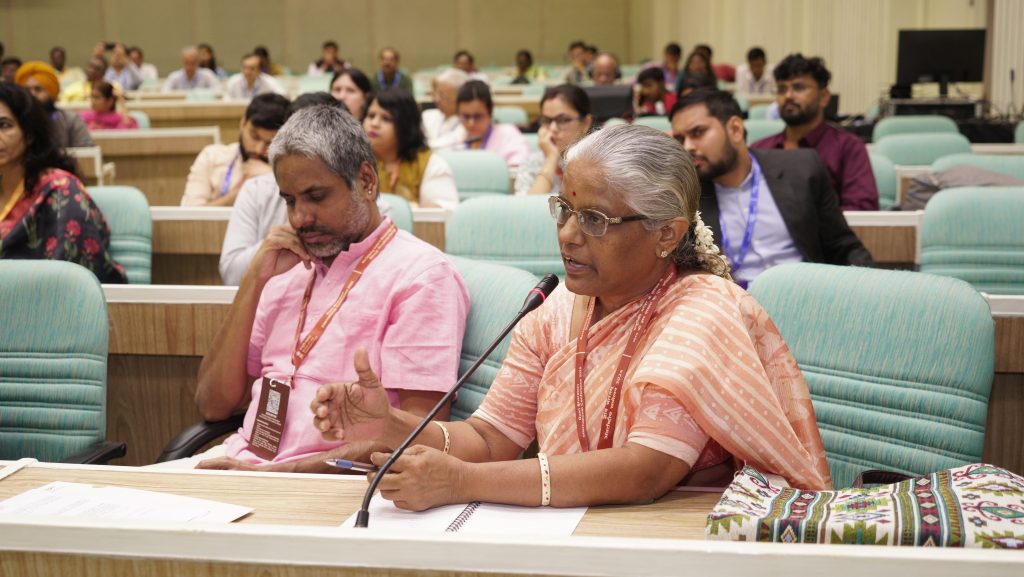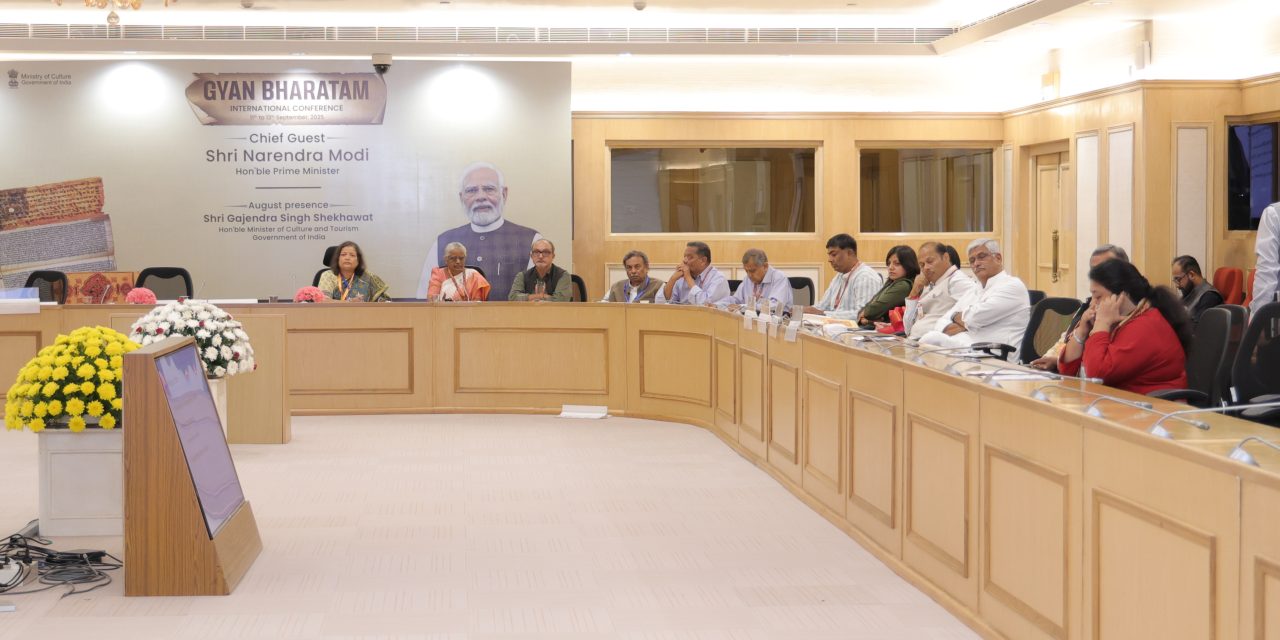India possesses one of the richest manuscript heritages in the world, with an estimated 10 million ancient manuscripts. These span subjects including philosophy, science, medicine, literature, Vedic rituals, mathematics, astrology, vāstu, Sanskriti, and Indian arts and darśana —often in multiple scripts and languages and housed in institutions like temples, mathas, monasteries, Jaina Bhandāras, archives, libraries, and private collections.
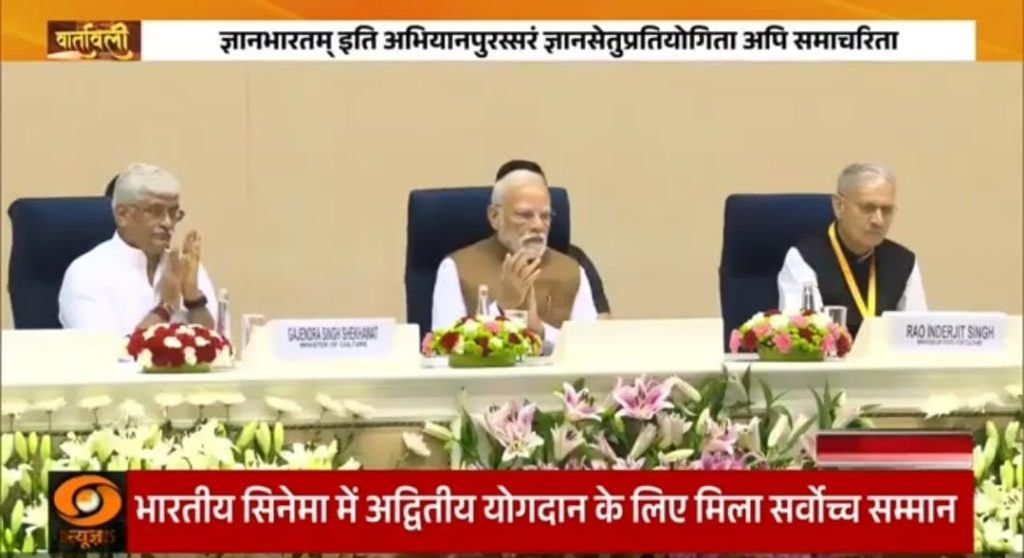
These manuscripts are not merely texts—they are repositories of Bhāratīya Jñāna Paramparā (Indian Knowledge Systems) and the civilizational continuity of India. Despite this, many manuscripts remain unpublished, untranslated, or deteriorating.
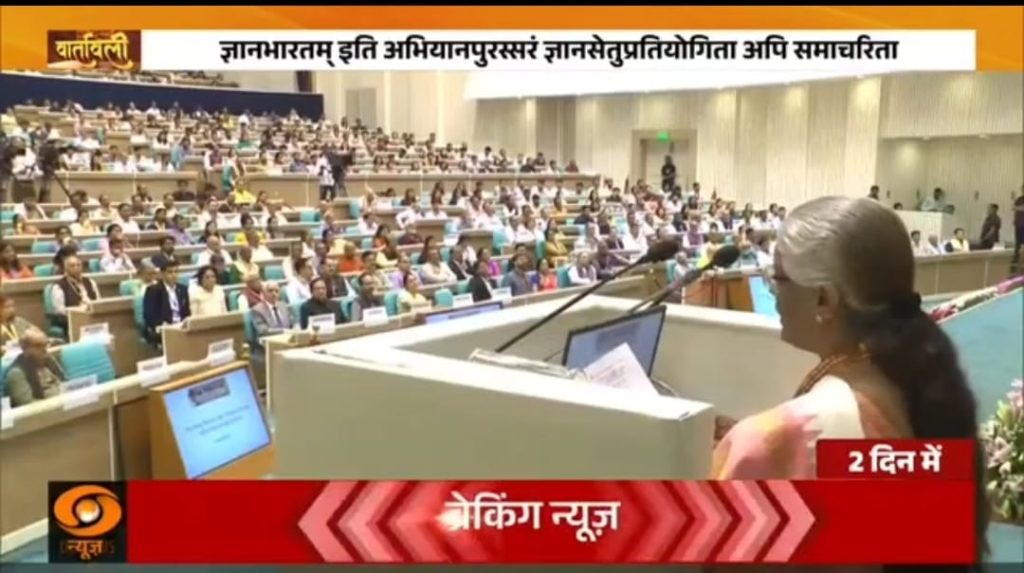
To safeguard this invaluable heritage and assert India’s knowledge leadership globally, the Government of India announced the Gyan Bharatam Mission (GBM). GBM now seeks to preserve, digitize, and disseminate manuscript knowledge, integrate it with modern technologies, and foster a new generation of scholars and institutions to carry the legacy forward. To mark this occasion, the Ministry had organised the first-ever ‘Gyan Bharatam’ International Conference on ‘Reclaiming India’s Knowledge Legacy through Manuscript Heritage’ from 11th–13th September 2025 at Vigyan Bhawan, New Delhi. The conference brought together over 1,100 participants, including scholars, experts, institutions, and cultural practitioners from India and abroad, creating a collaborative platform for discussion, deliberation, and charting the way forward in preserving, digitising, and sharing India’s manuscript wealth with the world.
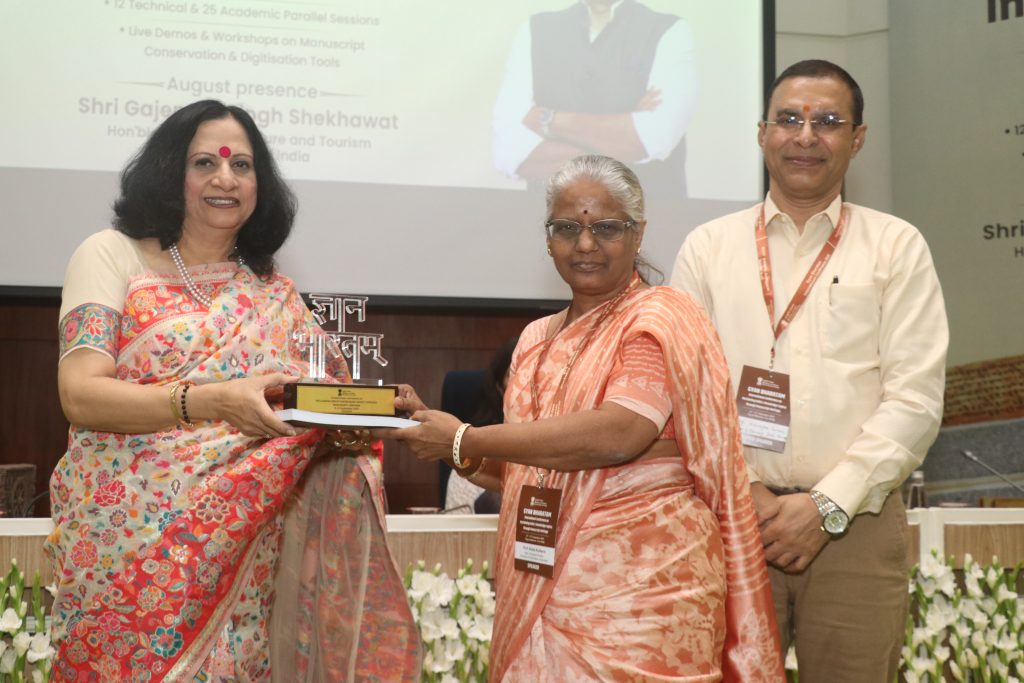
Eight working groups were formed to deliberate on various aspects of this mission, and the group representatives made the presentations of the working group in the presence of the Prime Minister, on the 2nd day of the conference. Prof. Amba Kulkarni presented the report of the working group on “Decoding Manuscripts: Pathways to the Indian Knowledge Systems”. The conference witnessed the participation of the Prime Minister on 12th September, 2025 when he attended the presentations of the working groups and addressed the gathering. The deliberations concluded on 13th September with the valedictory session chaired by the Culture Minister of India.
